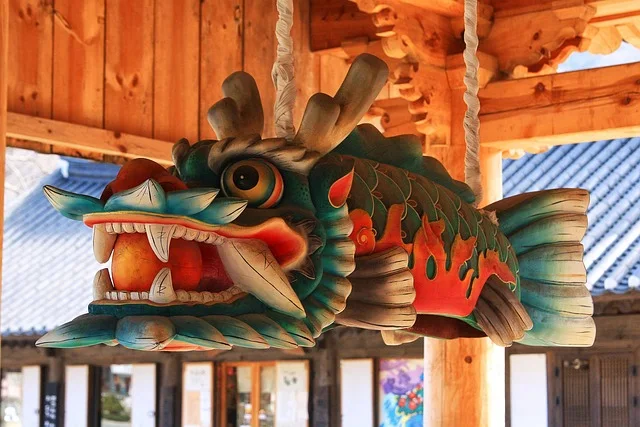🎯 Object Omission in Korean: How Native Speakers Do It Naturally

✂️ Less is More: Mastering Object Omission in Korean
Ever noticed Koreans rarely say "it" or "them"? They just drop the word entirely! Teacher Hoon explains how to use 목적어 생략 (Object Omission) to stop sounding like a textbook and start sounding like a local.
The Magic of Context (EEAT Tip)
As a teacher with 20 years of experience, I see many students translating English "it" (그것) into every sentence. In Korean, if we are both looking at a cake, you don't need to say "cake." Just saying "먹었어?" (Did [you] eat [it]?) is 100% natural. This is the heart of 고맥락 (High-context) communication. Let's look at the efficiency of omission.
📑 Tap to see Omission Rules
1. The Golden Rule of Efficiency
If the object has already been mentioned or is physically present in front of you, delete it. In Korean daily speech, keeping unnecessary words can actually make you sound stiff or overly formal.
2. Native Speaker Comparisons
- 📚 Full: "나 책 읽었어." (I read the book.)
✅ Native: "나 읽었어." (I read [it].) - 🎁 Full: "친구가 선물 줬어." (Friend gave a gift.)
✅ Native: "친구가 줬어." (Friend gave [it].) - 📝 Full: "나 숙제 다 끝냈어." (I finished homework.)
✅ Native: "나 다 끝냈어." (I finished [it] all.) - 🍰 Full: "내가 케이크 만들었어." (I made the cake.)
✅ Native: "내가 만들었어." (I made [it].)
💡 Teacher Hoon's Pro Distinction
Omission is great for 회화 (Conversation) and Texting (카톡). However, in TOPIK Writing or Business Reports, you should keep the objects to ensure absolute clarity. If you drop the object in a legal contract, it could cause big trouble! Always match your "brevity" to the situation.
⚠️ When You MUST Include the Object
- First Mention: If you haven't said the word yet, your listener won't know what you're talking about!
- Contrast: If you are choosing between two things (e.g., "I like coffee, not tea").
- Academic Context: High-level essays require full logical structures.
💡 Did You Know? Drama Title Secrets
Many famous K-drama titles rely on omission to feel poetic. The title “사랑한다 말해줘” literally means “Tell (me) that (you) love (me).” By omitting the subjects and objects, the focus stays purely on the Emotion (Emotion) of the verb. It sounds much more powerful this way!
Want to Practice "Short & Sweet" Korean?
Textbook Korean can be too long! Book a 1:1 "Natural Conversation" session with Hoon on italki. We'll practice real-life scenarios—like ordering at a cafe or talking about your weekend—until your omission feels as natural as a native speaker's.
🚀 Speak Naturally with Hoon
Trust Resources from LearningKR:
About Us |
Contact/Lessons


